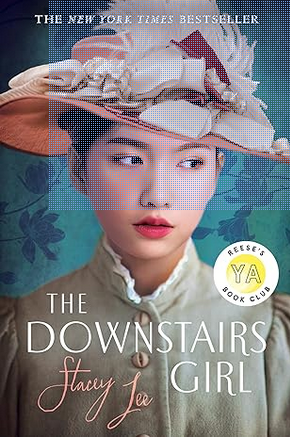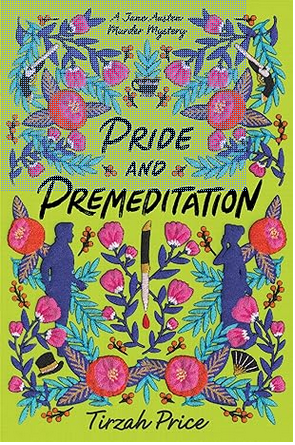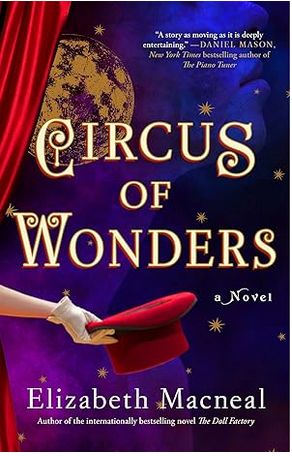


Authors Janie Chang and Kate Quinn
What happens when two bestselling authors team up to write historical fiction? The result is a rousing novel set in San Francisco before, during, and after the 1906 earthquake that rocked the city. Kate Quinn and Janie Chang, two authors I admire and enjoy, wrote The Phoenix Crown set in San Francisco.
Quinn and Chang bring to life many characters, particularly Gemma, a rising opera star from nowhere, and Suling, a Chinese American who is a talented embroideress. These two people would be unlikely to meet except for a series of circumstances that bring the two together. Along with these two main characters, readers will meet other important people in Gemma’s and Suling’s lives.
Gemma’s talent as an opera singer allows her to meet the wealthy and influential Henry Thornton. Suling’s family does the laundry for Thornton. As a result, Thornton becomes the conduit for the two women of such disparate worlds not only to meet but also to become allies and friends.
Gemma and Suling both suffer from abuses brought on by men in their lives. Too, they are both seeking to reunite with a friend they have in common. Alice Eastwood, another woman with a mission, is also in Thornton’s orbit. She is a curator of botany at the California Academy of Sciences. She is determined to identify plants and keep some from extinction; the earthquake only intensifies her desire to save the plants.
Readers know the earthquake is impending and that knowledge serves to heighten the tension in the novel. Along with the earthquake, tensions continue to grow for Gemma and Suling as they learn the truth about Thornton and their missing friend.
Surviving the earthquake itself is no small feat. Then escaping Thornton’s clutches becomes the next hurdle because he is ruthless and heartless, considering only his own needs and his survival. He doesn’t realize the ingenuity of the women he is trying to harm, however.
Read The Phoenix Crown for a bit of history and a rousing good story of women who seek justice after they have been badly wronged. Quinn and Chang do not shy away from tough topics: arranged marriage, racism, and sexism. Because of their tackling such topics, book club members will find much to discuss.

















